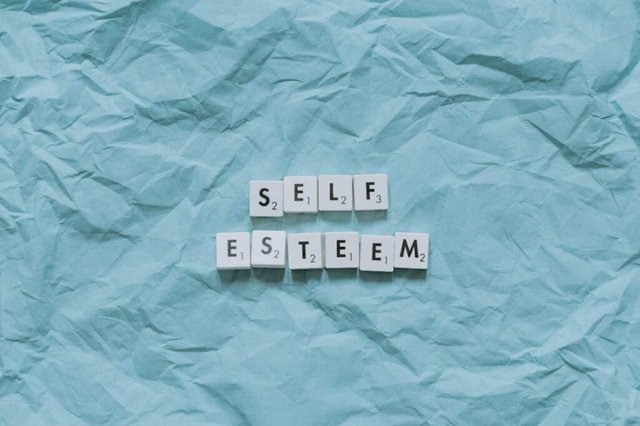SELF-ESTEEM is an important psychological trait. It is necessary for adolescents to develop positive self-esteem and the necessary life skills to overcome the pressures and challenges of life. The following article provides an overview of what influences self-esteem. It will also provide insight on the importance of self-efficacy. The article will discuss the factors that influence self-esteem and how to cultivate it in adolescents.

Nature and nurture
Although the debates about nature and nurture often take a one-sided approach, it is clear that both play important roles in developing a person's personality. In fact, each of the dozens or hundreds of genes that make up an individual's personality contribute to the traits he or she displays. These genes act together, and as a result, the child's personality develops throughout life.
Social relationships
Research on the influence of social relationships on self-esteem is mixed. Some studies suggest that it is important for self-esteem, but others show no association at all. The effect of social relationships is most significant when assessing future relationships. This is particularly true when considering the effect of self-esteem on a specific partner. However, even these studies are far from conclusive. These results have important implications for the way we think about social relationships.
Self-efficacy
In school, high levels of self-efficacy influence achievement in many areas, such as grades. High self-efficacy is associated with healthier lifestyle habits and improved employee performance. Similarly, high levels of self-efficacy have been associated with higher educational achievement and increased resilience to adversity. Furthermore, health psychologists believe that people are more likely to engage in healthy behaviors when they feel confident in their abilities.
Physical health
A new study examines the relationship between physical health and self-esteem. Sedentary middle-aged adults were assigned to a 20-week exercise program. The researchers found that physical fitness, body composition, and self-efficacy were all significant contributors to global self-esteem. Physical self-worth was also associated with perceptions of attractiveness. The exercise program was found to improve self-esteem more than other factors, including global esteem. It was also found that physical self-worth mediated the relationship between global and subdomain levels of esteem.
Racism
The relationship between racism and self-esteem was weaker in the absence of socialization and preparation. However, this negative relationship returned when participants were exposed to frequent racist events. The results, therefore, support the prior theory that frequent exposure to racist messages can intensify feelings of devaluation. Moreover, parental messages about racism are a significant source of maladaptive experiences for youth. Here are a few of the consequences of racism and self-esteem:
Depression
Several studies have examined how depressive symptoms affect the development of self-esteem in children. One study examined the relationship between depression and self-esteem in children with MDS. Researchers noted that children with high self-esteem showed lower levels of social support, resilience, agreeableness, and extraversion. In contrast, the group with low self-esteem exhibited lower levels of these traits. In addition, age did not influence these results.

Resilience
Resilience is a powerful psychological trait that helps a person cope with adversity. It helps a person adjust to difficult situations and experience self-worth. It's often referred to as a "strength in coping." Developing psychological resilience is crucial for people to deal with difficult experiences and move on without enduring negative consequences. There are 7 Cs of resilience, and each one is essential to developing a healthy self-esteem.